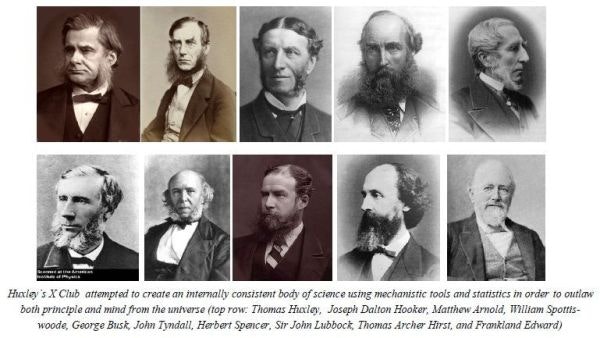Amidst the storm of controversy raised by the lab-origin theory of COVID-19 extolled by such figures as Nobel prize winning virologist Luc Montagnier, researcher Judy Mikovits, bioweapons expert Francis Boyle, and now recently joined by leading scientists among China’s own CDC, a project was undertaken under the nominal helm of NATURE Magazine in order to refute the claim. This research report which has been cited thousands of times was titled ‘The proximal origin of SARS-CoV-2’.
This project was led by a team of evolutionary virologists using a line of reasoning that “random mutation can account for anything” and was parroted loudly and repeatedly by Fauci, WHO officials and Bill Gates in order to shut down all uncomfortable discussion of the possible laboratory origins of COVID-19 while also pushing for the global vaccine campaign now underway.
I think at this moment, rife as it is with speculative arguments, confusion and under-defined data, it is useful to remove oneself from the present and look for higher reference points from which we can re-evaluate events now unfolding on the world stage.
In order to do this, let us begin by asking a new series of questions:
What is Nature Magazine exactly? Is it truly an “objective” platform for pure scientific research untainted by the filth of political agendas? Is this standard-bearer of “proper method”, which can make or break the career of any scientist, truly the scientific journal it claims to be or is there something darker to be discovered?
As I presented a part of this story in my previous instalment in this series The Rise of Optical Biophysics and Clash of the Two Sciences, a very old battle has been waged around political systems but also what sort of scientific paradigms will shape our future.
A Bit of Historical Context
In 1865, a group of 12 scientists under the leadership of Thomas Huxley, Matthew Arnold, Joseph Hooker, and Herbert Spencer (founder of social Darwinism) was created under the name “X Club” with the mandate to reform global British Imperial strategy.

At the time of this group’s formation, Lincoln’s north was on the cusp of putting down the secessionist rebellion which the British Intelligence establishment had work decades to nurture guided by Anglo-American operatives in America itself as well as operations in British Canada.
Having far over-extended itself during the 2nd Chinese Opium War (1856-1860) to the Crimean War (1853-1856) to putting down Indian uprisings (1857-1858) and sponsoring the Southern Confederacy (1861-1865), the British Empire knew that it was on the verge of collapse. The world was quickly waking up to its evil nature, and a new paradigm of win-win cooperation was being exported from Lincoln’s America to nations across the world (American was a very different nation from the Anglo-American dumb giant the world has known since JFK’s 1963 murder -MEK).
Lincoln’s system had been known as ‘American System of National Economy’, a name created by the father of Germany’s Zollverein Friedrich List years earlier. Unlike British Free Trade, this ‘American System’ was premised on protectionism, national banking, long term infrastructure and most importantly placed the source of value on the human mind’s capacity to make discoveries and inventions as outlined by Lincoln’s 1858 speech by the same name. In this system, the Constitutional concept of the General Welfare was not mere ink on parchment but rather the governing principle of monetary value and national policy.
Lincoln’s chief economic advisor and coordinator of the export of the American system internationally after the Civil War was named Henry C. Carey. As early as 1851, Carey wrote his Harmony of Interests which stating:
“Two systems are before the world; the one looks to increasing the proportion of persons and of capital engaged in trade and transportation, and therefore to diminishing the proportion engaged in producing commodities with which to trade, with necessarily diminished return to the labour of all; while the other looks to increasing the proportion engaged in the work of production, and diminishing that engaged in trade and transportation, with increased return to all, giving to the labourer good wages, and to the owner of capital good profits… One looks to pauperism, ignorance, depopulation, and barbarism; the other in increasing wealth, comfort, intelligence, combination of action, and civilization. One looks towards universal war; the other towards universal peace. One is the English system; the other we may be proud to call the American system, for it is the only one ever devised the tendency of which was that of elevating while equalizing the condition of man throughout the world.”




